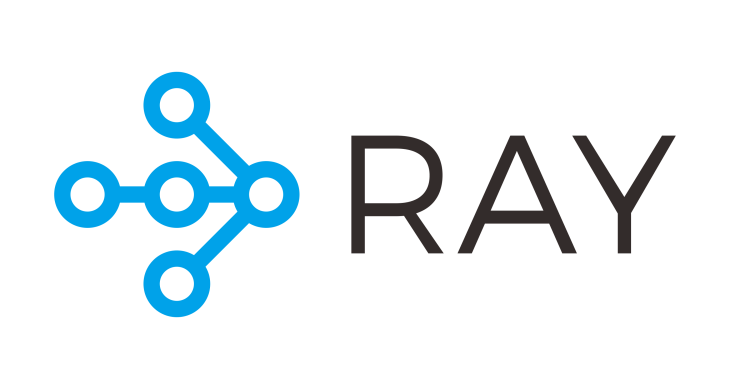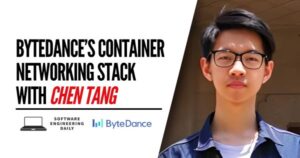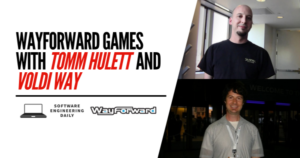Anyscale with Ion Stoica
Podcast: Play in new window | Download
Subscribe: RSS

 Machine learning applications are widely deployed across the software industry.
Machine learning applications are widely deployed across the software industry.
Most of these applications used supervised learning, a process in which labeled data sets are used to find correlations between the labels and the trends in that underlying data. But supervised learning is only one application of machine learning. Another broad set of machine learning methods is described by the term “reinforcement learning.”
Reinforcement learning involves an agent interacting with its environment. As the model interacts with the environment, it learns to make better decisions over time based on a reward function. Newer AI applications will need to operate in increasingly dynamic environments, and react to changes in those environments, which makes reinforcement learning a useful technique.
Reinforcement learning has several attributes that make it a distinctly different engineering problem than supervised learning. Reinforcement learning relies on simulation and distributed training to rapidly examine how different model parameters could affect the performance of a model in different scenarios.
Ray is an open source project for distributed applications. Although Ray was designed with reinforcement learning in mind, the potential use cases go beyond machine learning, and could be as influential and broadly applicable as distributed systems projects like Apache Spark or Kubernetes. Ray is a project from the Berkeley RISE Lab, the same place that gave rise to Spark, Mesos, and Alluxio.
The RISE Lab is led by Ion Stoica, a professor of computer science at Berkeley. He is also the co-founder of Anyscale, a company started to commercialize Ray by offering tools and services for enterprises looking to adopt Ray. Ion Stoica returns to the show to discuss reinforcement learning, distributed computing, and the Ray project.
If you enjoy the show, you can find all of our past episodes about machine learning, data, and the RISE Lab by going to SoftwareDaily.com and searching for the technologies or companies you are curious about . And if there is a subject that you want to hear covered, feel free to leave a comment on the episode, or send us a tweet @software_daily.
Sponsorship inquiries: sponsor@softwareengineeringdaily.com
Transcript
Transcript provided by We Edit Podcasts. Software Engineering Daily listeners can go to weeditpodcasts.com/sed to get 20% off the first two months of audio editing and transcription services. Thanks to We Edit Podcasts for partnering with SE Daily. Please click here to view this show’s transcript.














